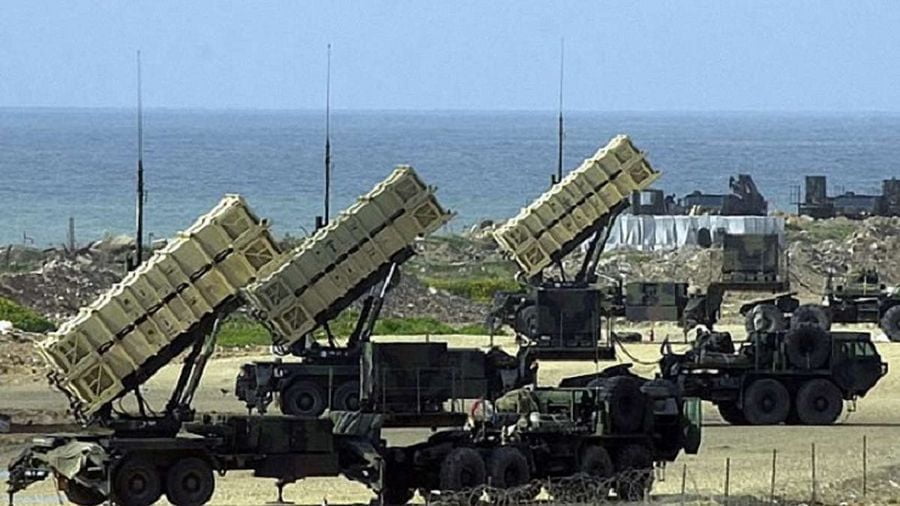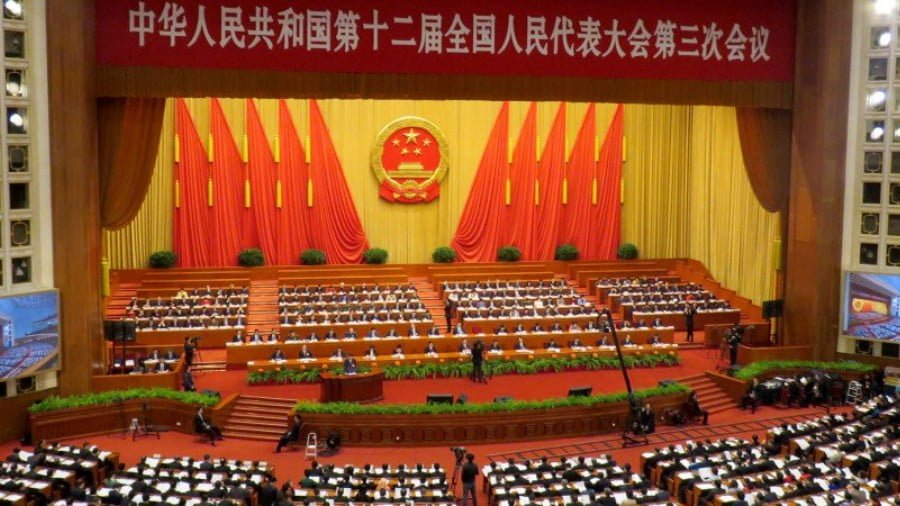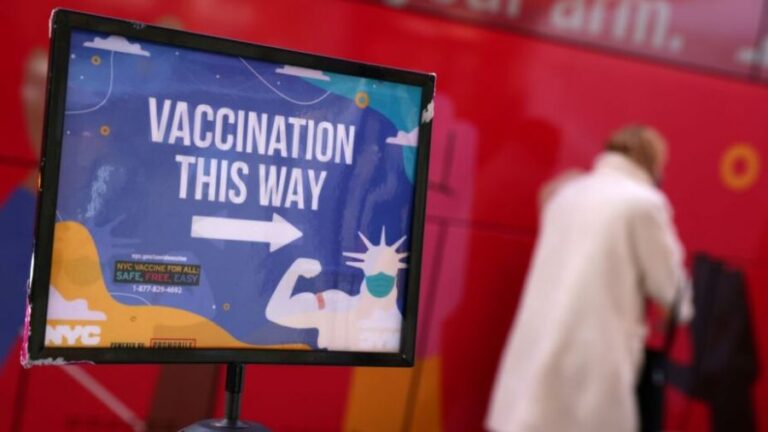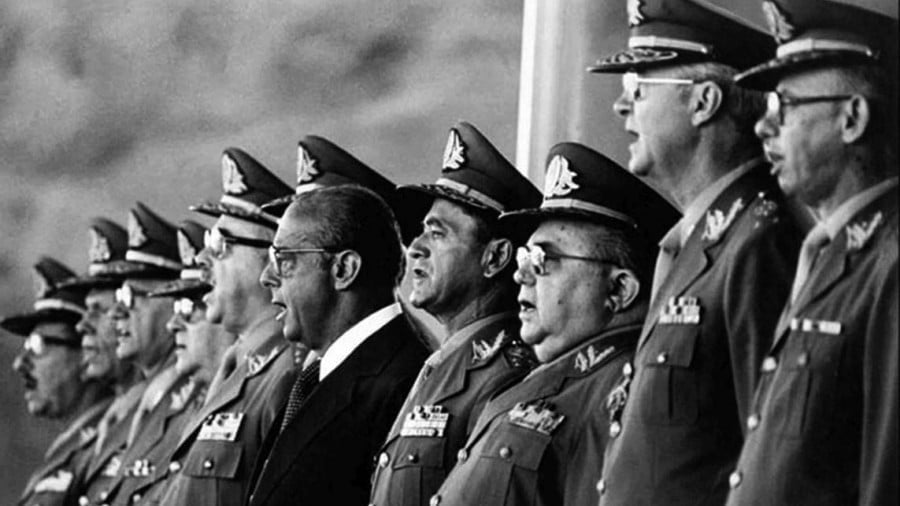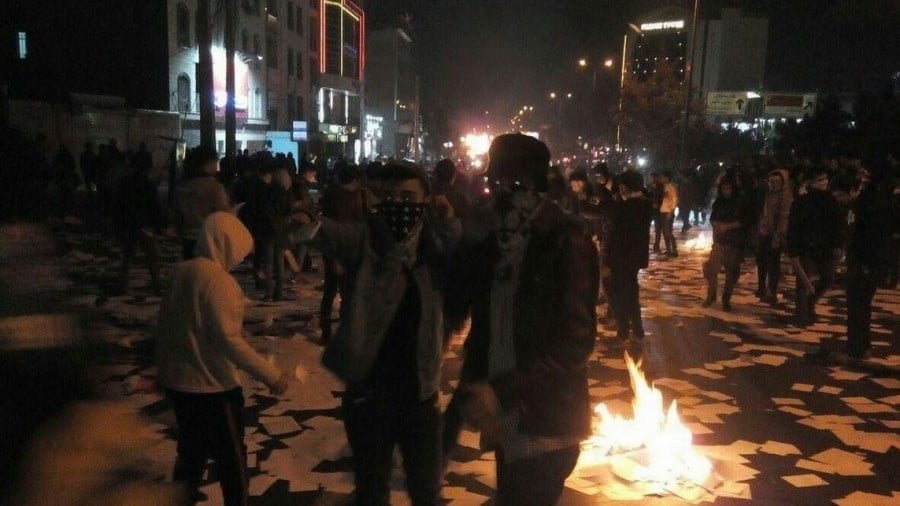The New Great Game Is Afoot – With All of Us “Underfoot”
The western elites have finally pushed China and Russia too far. A long awaited independent trade network and alternative currencies will certainly go forward as Washington pushes NATO deeper into Eurasia. Presidents Xi Jinping and Vladimir Putin have now agree to accelerate attempts to create a system that cannot be influenced by ‘third parties.’
As hundreds of western corporate media outlets propagandize about Russia’s real intentions, on the situation in eastern Europe, and the potential for sanctions on Russia, the reality of a more polarized world looms. Globalization has been exposed by COVID-19 as a fallacy, anyhow, so it seems the ultimate dividing lines to come are a natural progression.
For months now a war front narrative has issued from the U.S. and allies over “red lines” Russia has put in place with regard to the unending march of the NATO military alliance toward Moscow. Now, all of Eurasia is threatened as the great powers clash in the ultimate strategy game. American President Joe Biden’s backers have given him the “go ahead” to force Russia’s hand in Ukraine. By promising massive sanctions, the Biden administration has set a course that was certainly planned years ago.
On the other side, Presidents Xi Jinping and Vladimir Putin most certainly anticipated the coming clash. For some years now they’ve moved closer and closer to forting up Eurasia’s financial and trade territory, and now only one big question remains. Which side will the borderlands decided to ally with?
If the next move by the liberal order is to try Russia’s resolve in eastern Europe, the Russians will be forced to cushion their borders. Once this happens, Biden and his contemporaries in Europe will have to make their move. Once the new Cold War starts, borderlands like Greece, Turkey, Japan, Middle East players now dominated by the Israelis, and particularly southeast Asia will be in a stew to choose. In addition, all of Africa and Latin America will be up for grabs for obvious reasons. While U.S. influence and the power of the dollar still hold sway, the attempts to globalize the world economy have created a desperate interdependence. We are in the middle of a new “Great Game” described by Ariel Cohen in 2006 in his report for the Heritage Foundation (subsequently removed) “The New “Great Game”: Oil Politics in the Caucasus and Central Asia:
“Control over energy resources [of the former Soviet Union] and export routes out of the Eurasian hinterland is quickly becoming one of the central issues in post-Cold War politics.”
In this version of the game of world conquest, at the very least, we can expect every market on the planet to crash if Xi Jinping and Vladimir Putin end up forced into this stalemate. Whether conflict on Russia’s frontiers expand or not, the world will be faced with an economic Dark Age of unknown duration. Surely China and Russia are considering this eventuality. Interestingly, their region of the world will be better prepared for hard times than America or the north Europeans. And this geo/societal aspect may be what tilts the balance all over the former eastern bloc. Democracy, after all, has not exactly made every Romanian or Bulgarian into a middle-class American dreamer.
On the NATO situation with Ukraine, President Xi Jinping agreed in a video conference with his Russian counterpart Vladimir Putin’s insistence that NATO guarantee it will not expand to Ukraine or place troops and weapons in the country. After the meeting, China’s state-run Xinhua news agency reported that China’s president emphasized the need for Moscow and Beijing to ”safeguard” their security interests. In other words, the battle lines are drawn economically and militarily. There’s an old saying in the deep south of America, where I come from. “You can chase me til I am home, after that I’ve nowhere to run to.” NATO and the United States have been on a continual push since World War II, and even more so following the collapse of the Soviet Union. Washington think tanks call the push a “quest for expanding democracy,” but everyone by now knows its a corporate capitalistic quest. America and its oil suppliers are all finished. Super capitalism has drained the world dry, and the borderlands hold what’s left. The New York Post quoted President Xi Jinping saying:
“At present, certain international forces under the guise of ‘democracy’ and ‘human rights’ are interfering in the internal affairs of China and Russia, and brutally trampling on international law and recognized norms of international relations.”
Russia, compartmentalized by the west since before Napoleon, reared her head once Putin took charge, energized by the demand for her immense natural resources. And this was not part of the big plan. A similar situation elevated China to her rightful place in the world economic community. The greed of western corporations put the Communist country in the trade loop, but it seems nobody holding Walmart of Apple stocks considered what would happen when poor Chinese people emerged as the world’s biggest middle class.
“In Russia, Great Britain had for a century, at least, been regarded by the mass of the people as the one Power always to the fore in baulking at every conjuncture the national aspirations and barring the natural development and expansion of Russia.” – Russian foreign minister Vladimir Nikolaevich Lamsdorff, 1902
Finally, the Kremlin has submitted draft documents outlining security arrangements it feels need to be implemented with the United States and its NATO allies amid spiraling tensions. Mr. Putin’s spokesman Dmitry Peskov told reporters that a senior Russian envoy stood ready to immediately depart for talks in a neutral country on the proposal. But, it seems the stalemate cannot be broken unless something unanticipated happens.
That surprise could come into play should a summit of Russia, India and China take place anytime soon. If India were to drift father into the orbit of her neighbors, America’s situation would become dire. The stakes alone make any sane person wonder why anyone would dream of expanding NATO now. And this may be the point. These crazy times have taught us one thing, depend on nothing but more WTF moments.

